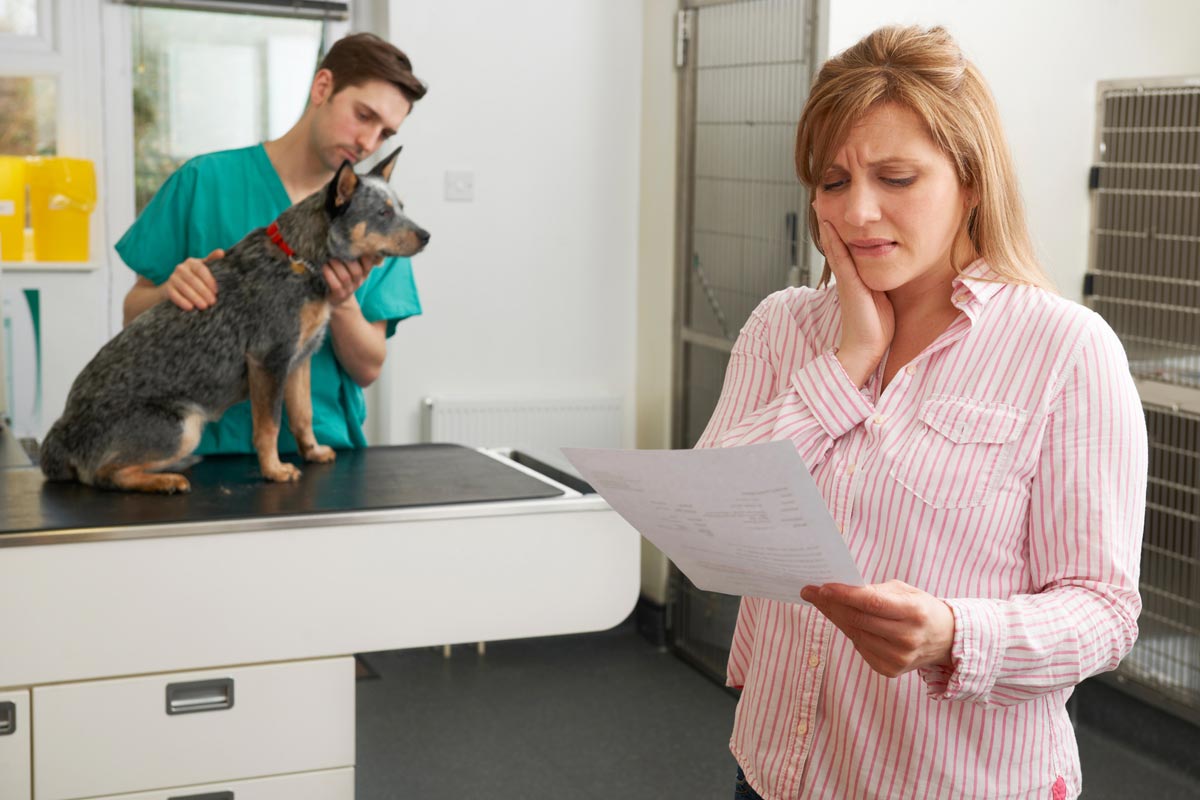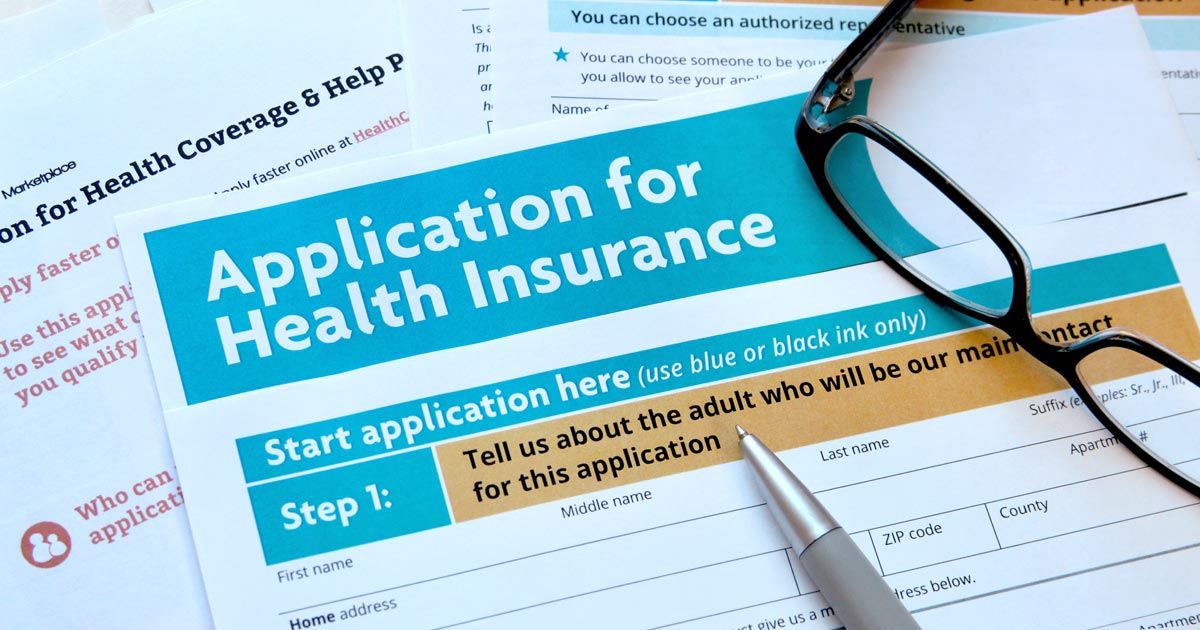Vets deal with insurance on an almost daily basis and are used to discussing pet insurance with owners.
Whether it’s offering free insurance with a puppy package, asking whether an owner has insurance when deciding treatment plans, or filling out continuation insurance forms for on-going cases, we all understand both the value and the pitfalls of insurance, as well as how policies can differ and what may (or may not) be covered.
Beware the fine print
However, now so many insurance companies offer pet policies, there are a large number of things to consider when choosing a policy. The first place to start is a lifetime, or annual, policy – unless it’s a horse, for which lifetime policies seemingly don’t exist.
The “small print” can vary so much, too, with some companies refusing to pay out on the basis that a vaccine was slightly out of date three years ago, or that an annual examination of teeth hasn’t been explicitly documented. Another tricky detail to look out for is whether the policy specifies a number of approved veterinary clinics the owner must use – similar to car insurance policies that will only pay out for repairs done by their approved garages.
One of the features unique to pet or medical insurance is the exclusion of pre-existing conditions. Can you imagine crashing a car and then never being able to be insured for that type of collision again if you changed insurance provider?
Private health insurance
With the upcoming general election, there is much debate surrounding a number issues, but particularly the NHS. The concept of privatisation always seems to get swept under the rug, but I do genuinely worry that the British public takes the NHS for granted.
We do have the option of taking out private medical insurance for ourselves (Bupa, Vitality, etc), yet the idea of an insurance-based medical system seems absurd to many of us in the UK. In reality, many other countries function in this way; and without the NHS our medical care would need to be paid for privately or by insurance – exactly how veterinary care is provided in the majority of cases.
What we have never had to do, however, is choose between putting food on the table and paying personal medical bills. To me, it’s a very scary concept that we may be facing a future where this is the case.

If I was a pet
Understanding the ins and outs of pet insurance, I can’t fathom how such a system would be instigated to those who have never had private medical insurance before.
Take pre-existing conditions, for example: if I was a pet, I don’t think I can name one body system that wouldn’t be excluded due to previous injuries or ailments, and many other people would also be in this position. I certainly don’t think it would be ethical to offer annual policies, as with our four-legged friends, nor specifying particular clinics to be used.
Demanding annual health checks in order to remain covered would also put more strain on the health services.
Incomparable
I think it’s fair to say we cannot directly compare pet insurance with human medical insurance, and likewise veterinary care to that of the NHS. Veterinary care is much more on par with private health care, but a lot of owners don’t quite realise that – nor do they have any concept of the financial cost of health care, because our beloved NHS has always been there, whether they had any money in their wallet or not.
Understanding how much veterinary treatment and diagnostics cost – and also that these are quite substantially reduced compared to the costs of human healthcare – is why I am deeply concerned for our NHS.
Pet insurance is great in many situations, but I really hope we don’t come to rely on something similar for ourselves in the near future.

Leave a Reply